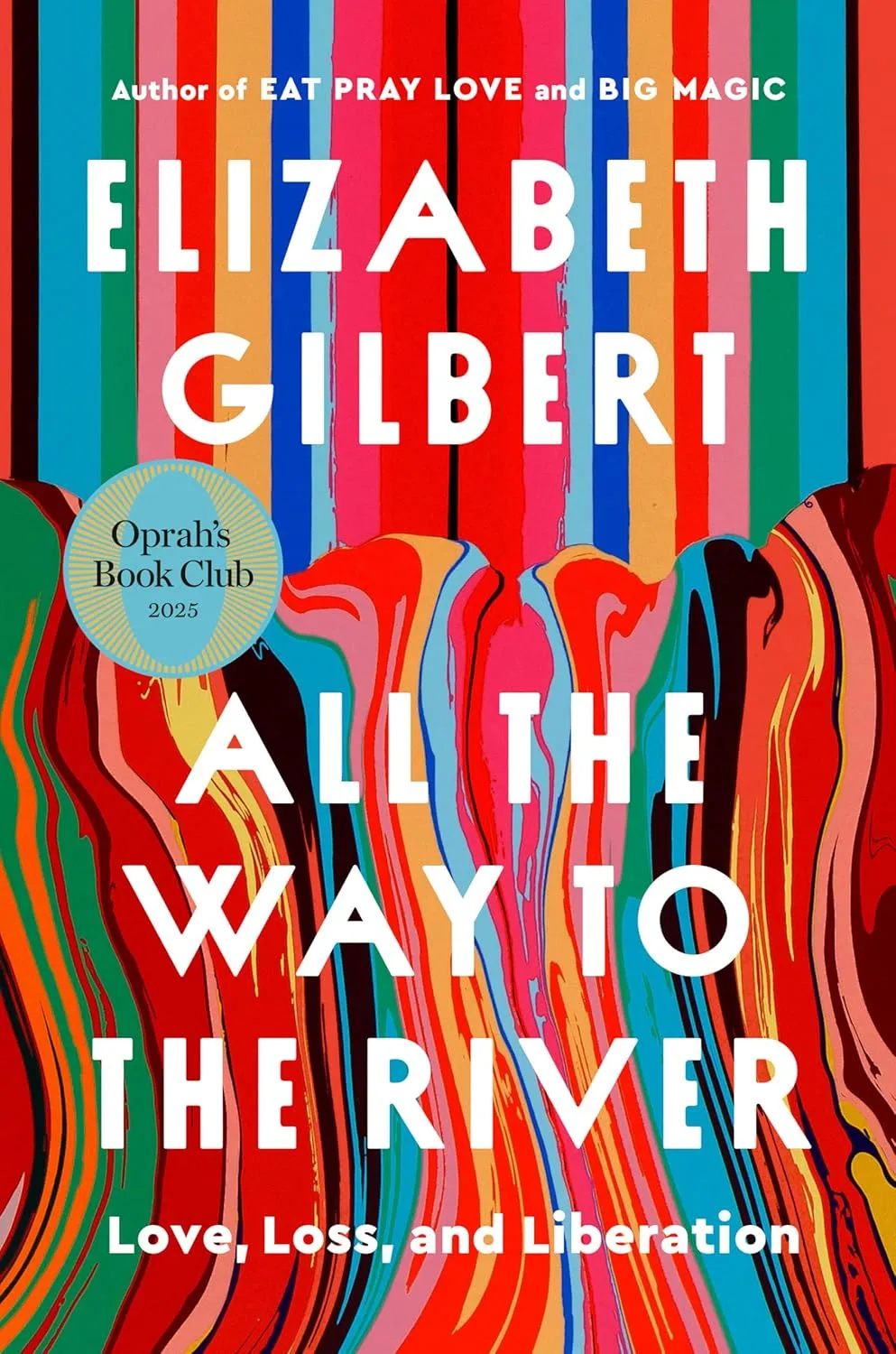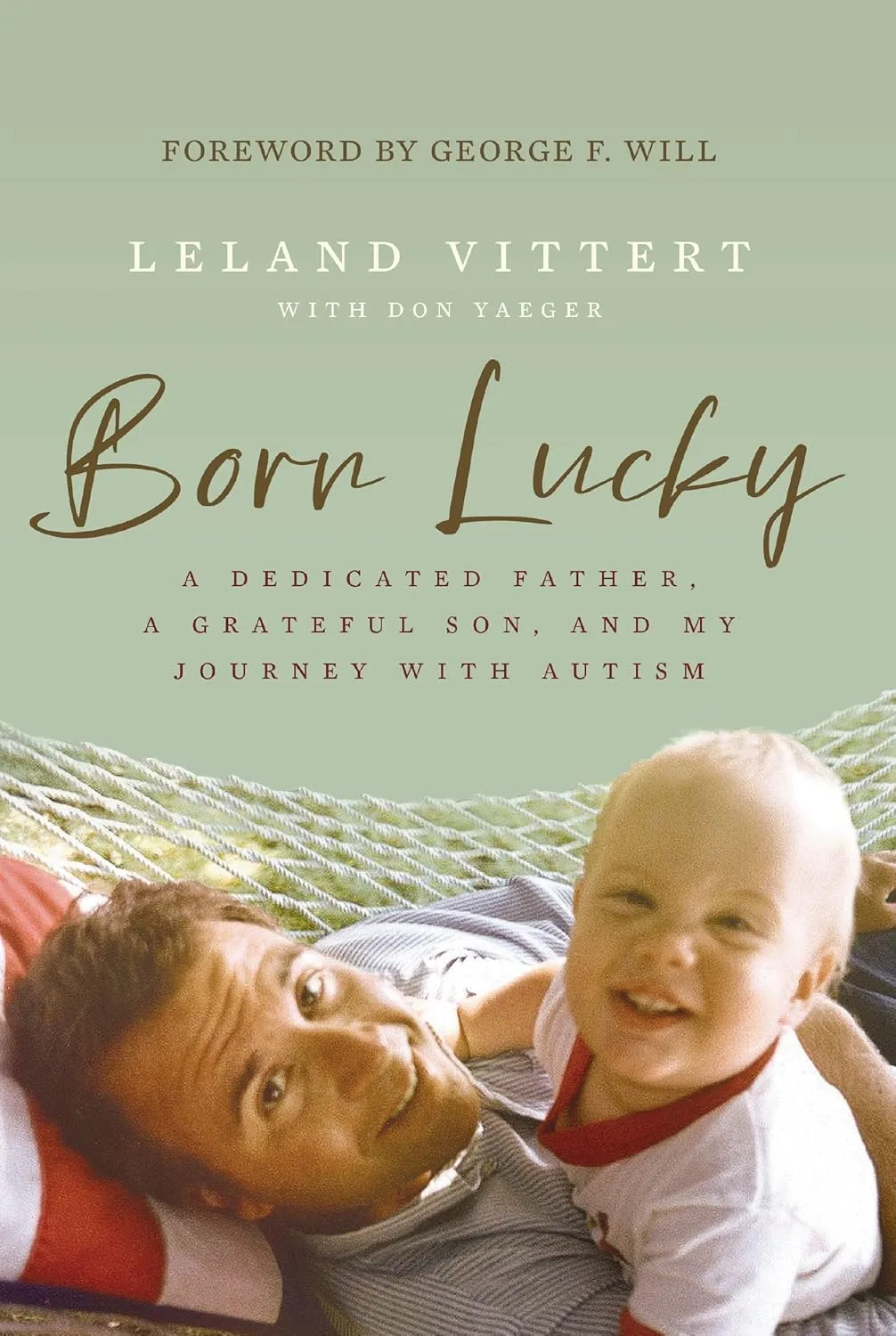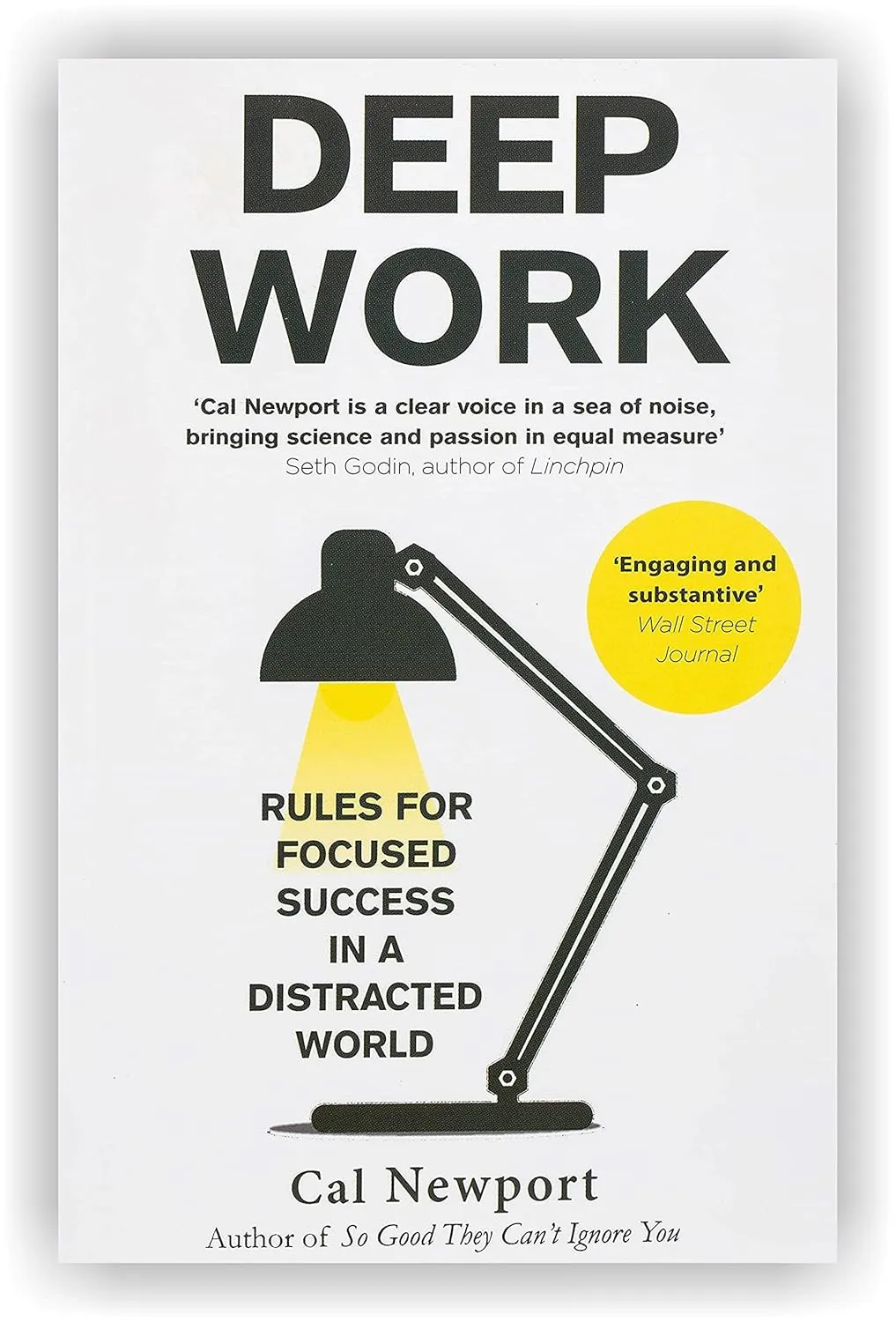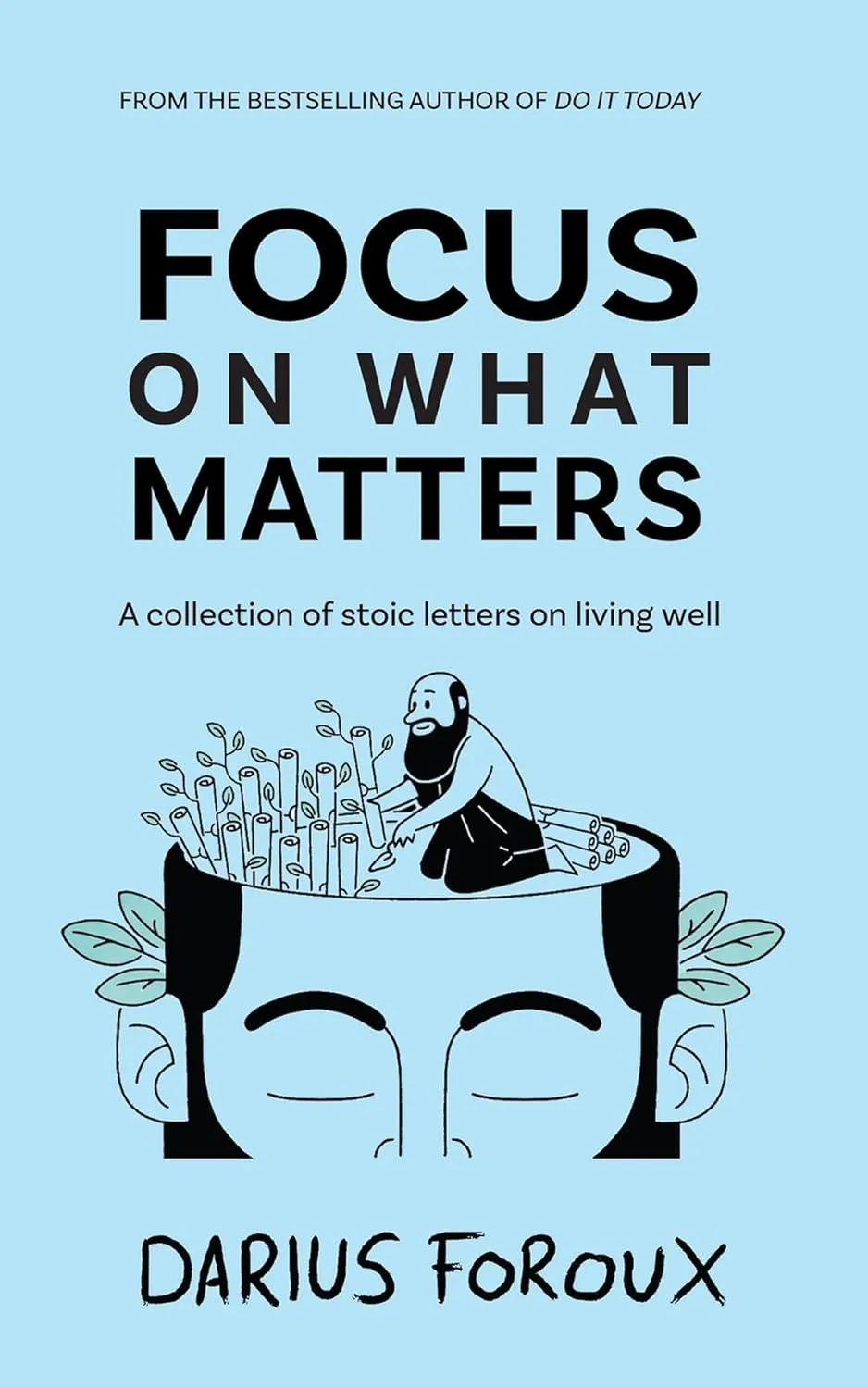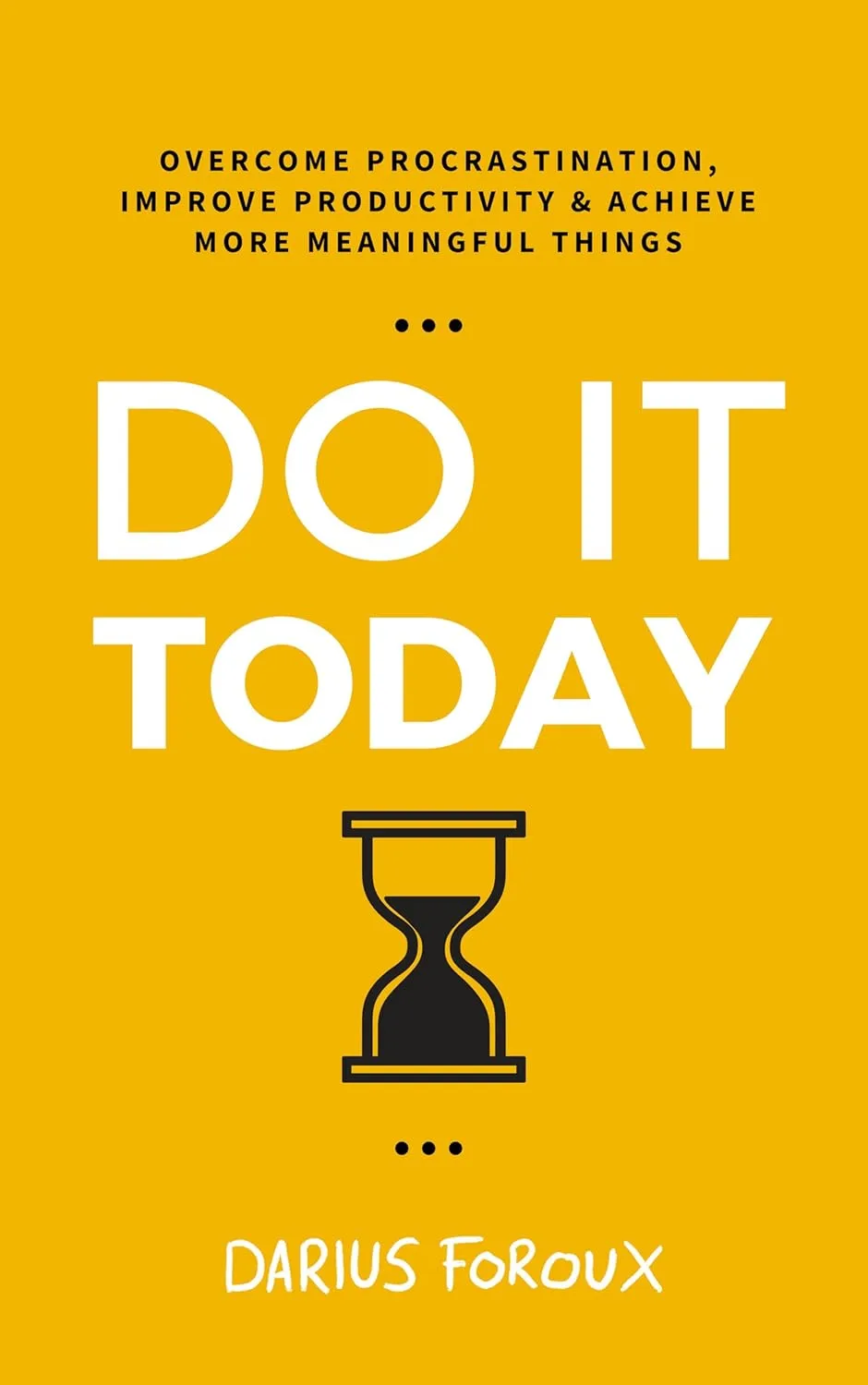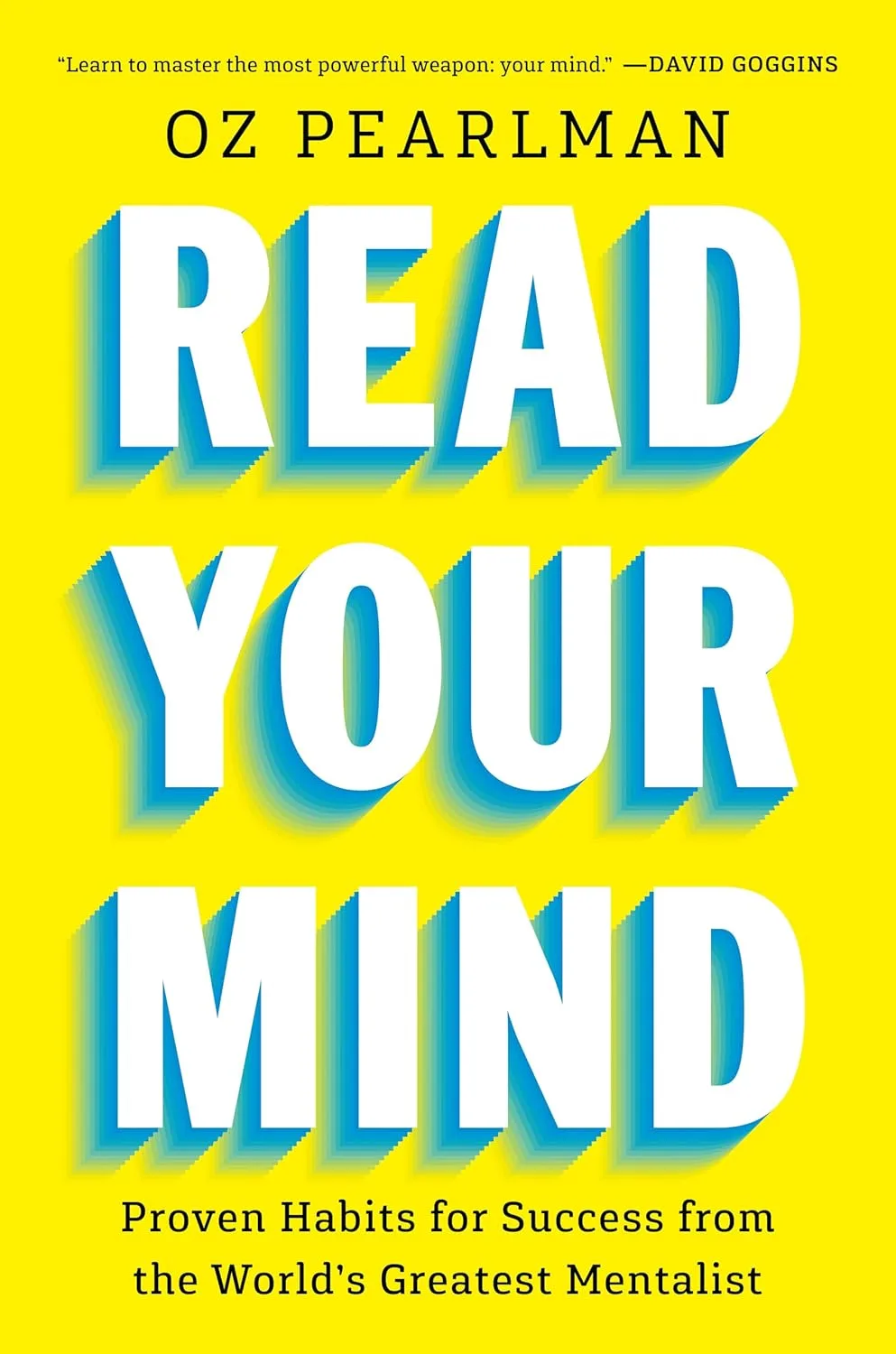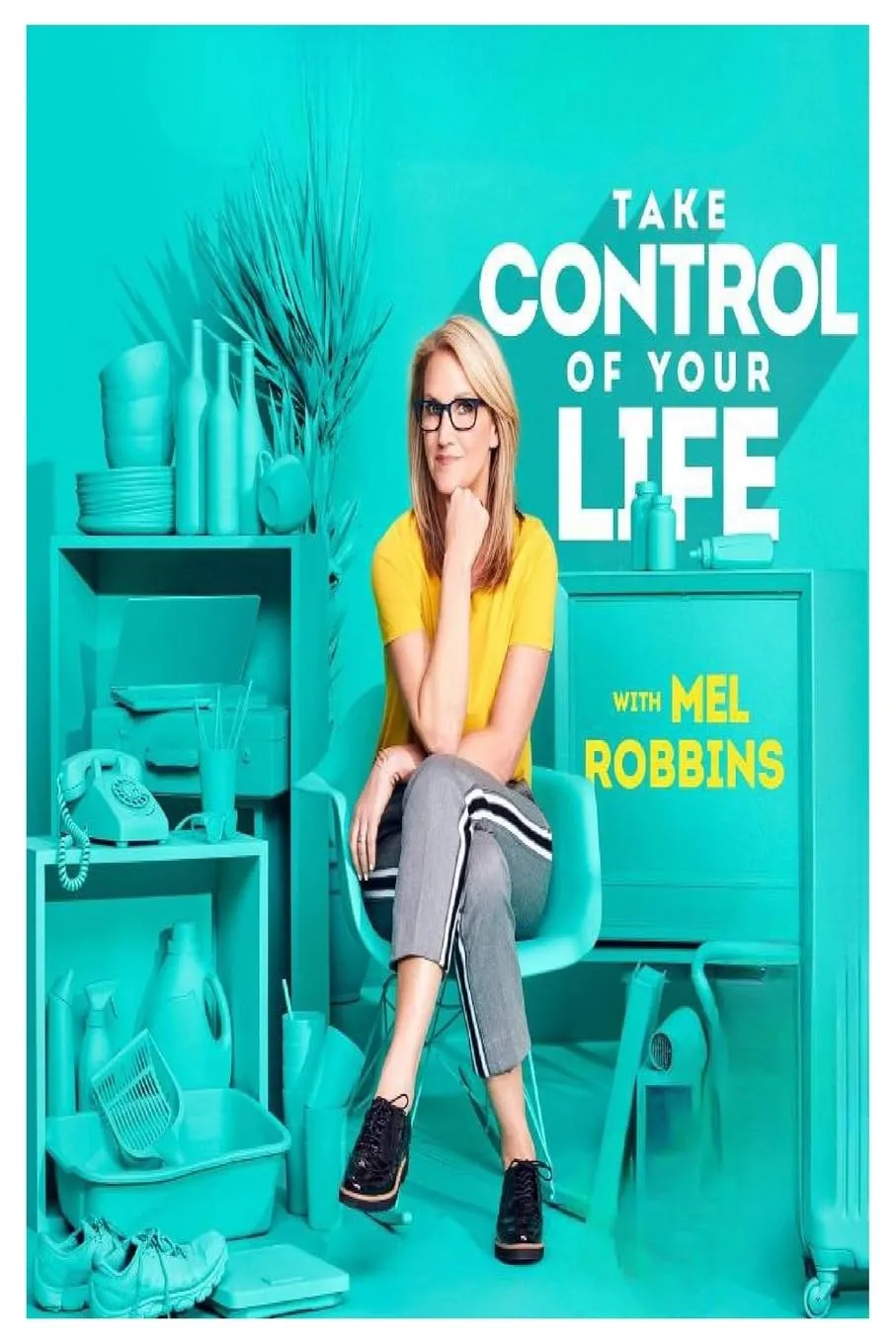Overview
“All the Way to the River: Love, Loss, and Liberation” is Elizabeth Gilbert’s first nonfiction book in a decade and her most brutally honest memoir yet. Published in 2025 and selected for Oprah’s Book Club, this powerful work chronicles Gilbert’s complex relationship with Rayya Elias—a decades-long friendship that evolved into love, addiction, and ultimately devastating loss. Gilbert asks the haunting question: “What if your most beautiful love story turned into your biggest nightmare?” The memoir explores how love and addiction intertwined in their relationship, and how Gilbert’s greatest heartbreak became her pathway to liberation.
Key Takeaways
| Element | Details |
|---|---|
| Genre | Memoir / Addiction Recovery / LGBTQ+ Love Story |
| Publication Date | September 2025 |
| Publisher | Riverhead Books (Penguin Random House) |
| Special Recognition | Oprah’s Book Club Selection |
| Central Relationship | Elizabeth Gilbert and Rayya Elias |
| Timeline Covered | 2000-2018 (and beyond) |
| Primary Themes | Love, addiction, loss, recovery, liberation |
| Unique Format | Narrative mixed with poems, drawings, prayers, and doodles |
Book Structure
Meeting Rayya (2000): Gilbert meets Rayya Elias, beginning a profound friendship
Evolution of Love: The gradual transformation from friends to best friends to lovers
The Truth Revealed: When tragedy strikes, their romantic love becomes undeniable
Addiction’s Reality: Confronting the harsh truth that both are addicts on a collision course
The Nightmare Unfolds: How their beautiful love story becomes destructive and chaotic
Loss and Grief: Rayya’s death and Gilbert’s devastation
The Path to Recovery: Gilbert’s journey through sex and love addiction recovery
Liberation: Finding freedom and awakening through heartbreak
About the Author
Elizabeth Gilbert is the #1 New York Times bestselling author of “Eat, Pray, Love” (2006) and “Big Magic” (2015). Born in 1969, she has taught millions of readers to live authentically and creatively. Gilbert came out publicly in 2016 when she announced her relationship with Rayya Elias, whom she met in 2000. After Rayya’s death from pancreatic and liver cancer in 2018, Gilbert has been on her own journey of recovery from what she identifies as sex and love addiction. This memoir represents her most vulnerable and unflinching work to date.
Why This Book Resonates
“All the Way to the River” arrives at a cultural moment when conversations about addiction, LGBTQ+ love stories, and mental health are more open than ever. Gilbert’s willingness to examine her own destructive patterns and addiction challenges the romanticized narrative of love conquering all. The book offers rare honesty about how love and addiction can become dangerously entangled.
Gilbert’s massive platform—built through “Eat, Pray, Love”—gives her unique reach to discuss topics that remain stigmatized. Her journey from heterosexual marriage to same-sex love to loss and recovery speaks to the complexity of modern relationships and identity. The memoir’s multimedia approach, incorporating art and poetry created during her darkest moments, offers a visceral understanding of grief and healing.
Ideal Audience
- Elizabeth Gilbert fans seeking her most personal work yet
- LGBTQ+ readers interested in late-in-life coming out stories
- People in recovery from addiction, particularly love and sex addiction
- Those grieving loss of partners or close friends
- Readers interested in complex love stories that defy conventional narratives
- Mental health advocates exploring the intersection of love and addiction
- Memoir enthusiasts who appreciate raw, unflinching honesty
- Anyone questioning relationship patterns and seeking liberation from destructive cycles
Memorable Quote
“What if your most beautiful love story turned into your biggest nightmare?” – This central question encapsulates the memoir’s exploration of love’s shadow side.
Central Themes
| Theme | Description |
|---|---|
| Love vs. Addiction | How romantic love can become indistinguishable from addictive behavior |
| Identity and Sexuality | Late-in-life sexual awakening and coming out |
| Self-Destructive Patterns | Recognition and repetition of harmful relationship dynamics |
| Grief and Loss | Processing the death of a beloved partner |
| Recovery and Healing | The ongoing work of addiction recovery and personal growth |
| Liberation Through Pain | How devastating heartbreak can lead to greater freedom |
| Friendship Evolution | The transformation of platonic relationships into romantic ones |
| Creative Expression | Using art, poetry, and writing as tools for healing |
Enhanced Analysis
Relationship Timeline: In 2000, Elizabeth Gilbert met Rayya. They became friends, then best friends, then inseparable. When tragedy entered their lives, the truth was finally laid bare: The two were in love.
Addiction Reality: They were also a pair of addicts, on a collision course toward catastrophe. Gilbert’s honest examination of their mutual addiction challenges romanticized notions of love.
Creative Process: “All the Way to the River” is an impressive mashup of Elizabeth Gilbert’s candid storytelling, along with poems, drawings, prayers and doodles that she crafted during her partner’s death and her own recovery from sex and love addiction.
Critical Reception: Gilbert’s latest memoir, “All the Way to the River: Love, Loss and Liberation,” is a blockbuster: absolutely bonkers and right on the money; brutally honest, including about what it conceals.
Narrative Questions: What if your most beautiful love story turned into your biggest nightmare? What if the dear friend who taught you so much about your self-destructive tendencies became the unstable partner with whom you disastrously reenacted every one of them? And what if your most devastating heartbreak opened a pathway to your greatest awakening?
Critical Reception
The Washington Post: “Entertaining, insightful, wrenching … punch-to-the-gut powerful”
People Magazine: “A delicious mashup of narrative that’s by turns harrowing and healing”
Overall Rating: All the Way to the River: Love, Loss, and Liberation by Elizabeth Gilbert has an overall rating of Positive based on 11 book reviews
Kirkus Reviews: “The author of the world’s most famous memoir returns to the form to tell the story of a great love”
FAQ
Q: Is this book a sequel to “Eat, Pray, Love”? A: No, this is an entirely separate memoir focusing on Gilbert’s relationship with Rayya Elias, which began years after the events in “Eat, Pray, Love.”
Q: How explicit is Gilbert about her addiction? A: Gilbert is unflinchingly honest about her sex and love addiction, making this her most vulnerable work to date.
Q: Does the book only focus on the negative aspects of their relationship? A: While it doesn’t shy away from the destructive elements, it also celebrates the profound love and friendship they shared.
Q: Is this appropriate for readers struggling with addiction? A: The book could be both triggering and healing—it offers hope through recovery but doesn’t sugarcoat the devastation of addiction.
Q: How does this compare to Gilbert’s other memoirs? A: This is significantly darker and more psychologically complex than “Eat, Pray, Love,” showing Gilbert’s evolution as both a person and writer.
Final Thoughts
“All the Way to the River” represents Elizabeth Gilbert’s most courageous and complex work. In her latest work, All the Way to the River, the acclaimed author pulls no punches, offering an unvarnished look at love, addiction, and the long road to recovery. This memoir transcends the typical recovery narrative by examining how love itself can become an addiction, and how our deepest connections can simultaneously heal and harm us.
Gilbert’s willingness to explore the shadow side of love—the ways it can become obsessive, destructive, and indistinguishable from addiction—offers readers a more complete understanding of human relationships. All the Way to the River chronicles Gilbert’s decades-long friendship and romance with Rayya Elias, but it’s ultimately about much more than one relationship.
The book’s multimedia approach, incorporating the art and writing Gilbert created during her darkest moments, provides an immersive experience of grief and recovery. For readers familiar with Gilbert’s earlier work, this memoir shows an author willing to dig deeper and reveal more than ever before.
This is not a book that offers easy answers or comfortable resolutions. Instead, it provides the messy, complex truth about love, loss, and the ongoing work of liberation. For anyone who has loved deeply, lost profoundly, or struggled with their own destructive patterns, Gilbert’s journey offers both recognition and hope.
The memoir stands as a testament to the possibility of finding freedom through our greatest pain, and to the ongoing work of recovery—not just from substances, but from the patterns and relationships that no longer serve us. It’s Gilbert’s most essential work yet: a raw, honest exploration of what it means to love, lose, and ultimately liberate ourselves.
Links
- More Summaries
- Official Elizabeth Gilbert Website
- Penguin Random House – Publisher Page
- Amazon – Oprah’s Book Club Edition

